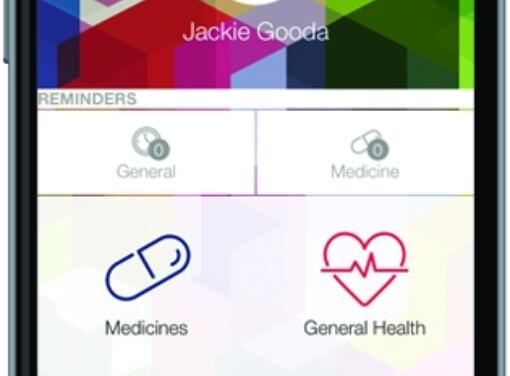Asthma medicines fall into many groups:
- Relievers (used when needed). They give quick relief of symptoms during flare-ups (exacerbations).
- Preventers (used daily). They help improve breathing over the long term. You should use them even if you don’t have any asthma symptoms.
- Add-on treatments, to manage people with moderate to severe asthma.
- Other short-term medicines, taken orally to manage flare-ups in severe asthma.
The doctor may give a person with asthma a reliever whether their symptoms are mild, moderate or severe.
The doctor is also likely to give a preventer to people who have moderate or severe asthma symptoms. This is on top of their reliever. A preventer is for daily use. Some people with mild asthma may also need to use a preventer.
For adults with asthma, some inhalers can have both a reliever and preventer. This means that you can use the same inhaler during a flare-up to help with symptoms. You can also use it daily to lower airway swelling even if you are not having symptoms.
People with asthma will use inhalers to take both relievers and preventers. If their asthma symptoms carry on, a doctor may give tablets as well.
Frequent symptoms or flare-ups may carry on in people with severe asthma. They may need add-on treatment on top of their current treatment. You should not use add-on treatments alone or as the first choice.
Inhalers
Inhalers are devices that let a person breathe in medicine. The device delivers it straight into their lungs. There are many types of inhalers for asthma medicine. You can’t use all inhalers the same way.
You or your child may have trouble using an inhaler. A spacer or mask can help.
Ask your doctor, nurse or pharmacist. They can teach you how and when to use an inhaler.
Find out more about inhalers
Watch the National Asthma Council of Australia's videos about using inhalers


